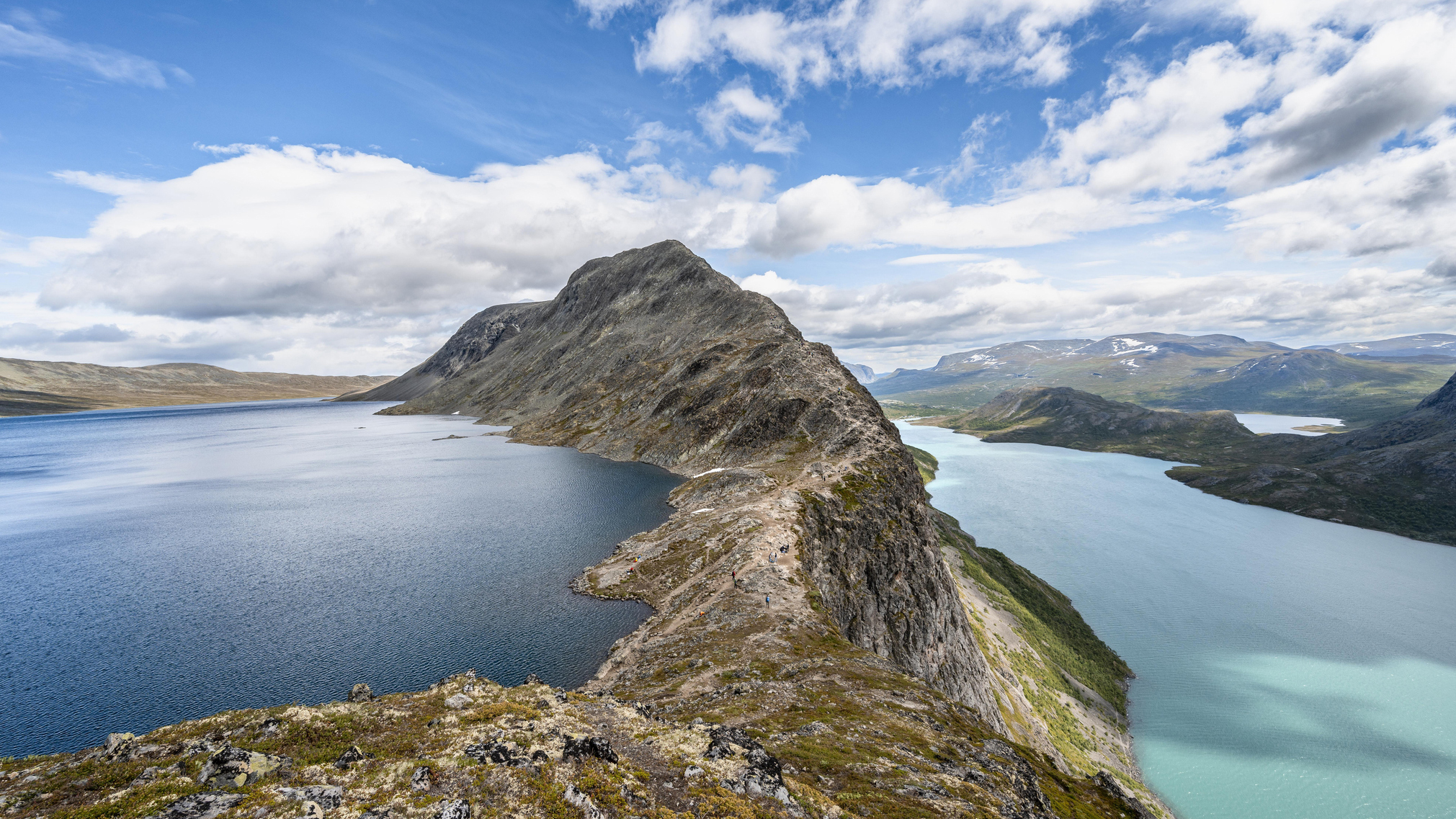Yes, you can get paid to go hiking with these jobs
Is your day job getting in between you and your hiking boots? Check out these 7 jobs where you can get paid to go hiking
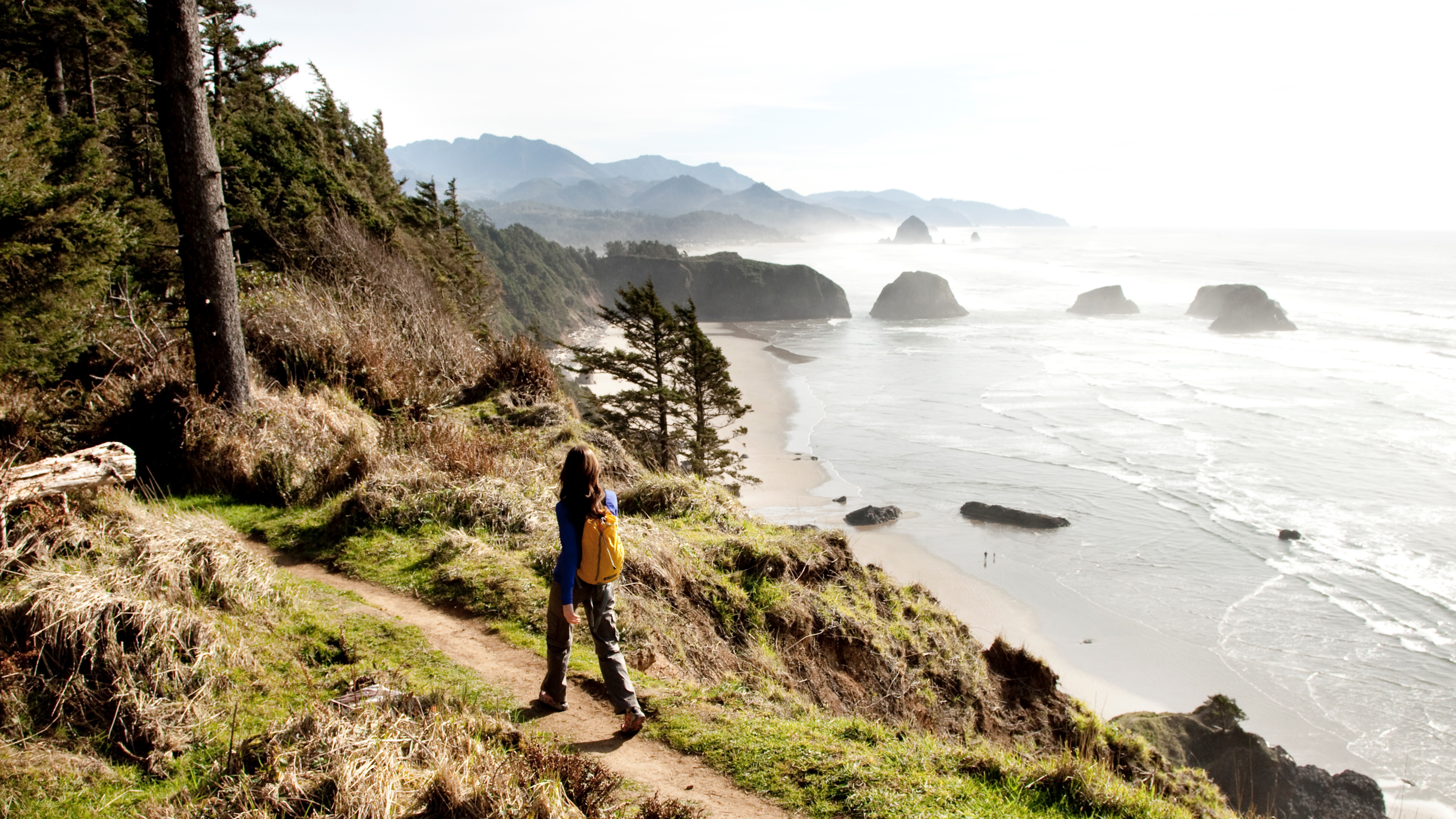
If literally all you want to do is go hiking, you might be wondering how you can get paid to do it. After all, social media seems awash with influencers who appear to do nothing but cavort in beautiful spots and ‘paid post’ about it. Being a yoga teacher for years, I was able to fit a lot of hiking in, but it wasn’t until I started leading hiking and yoga retreats in Yosemite National Park in 2016 that I realized I could get paid to hike. Now I write about hiking and the outdoors full time. Hiking is truly one of life’s greatest pleasures and as far as I’m concerned, any salary that keeps me away from the mountains isn’t worth it.
Now, with the rise of flexible and remote working plus hiking tech like solar chargers and wireless hotspots available, there’s a decent chance that you can actually switch your office flats for hiking boots without even giving up your day job. But if you actually want to get paid to go hiking? Your parents might say it’s a pipedream, and sure, mountain rescue is virtually all volunteer-based, so you can scratch that one off your list, but there are a few jobs out there that pay actual money and will have you patrolling the trails day and night.
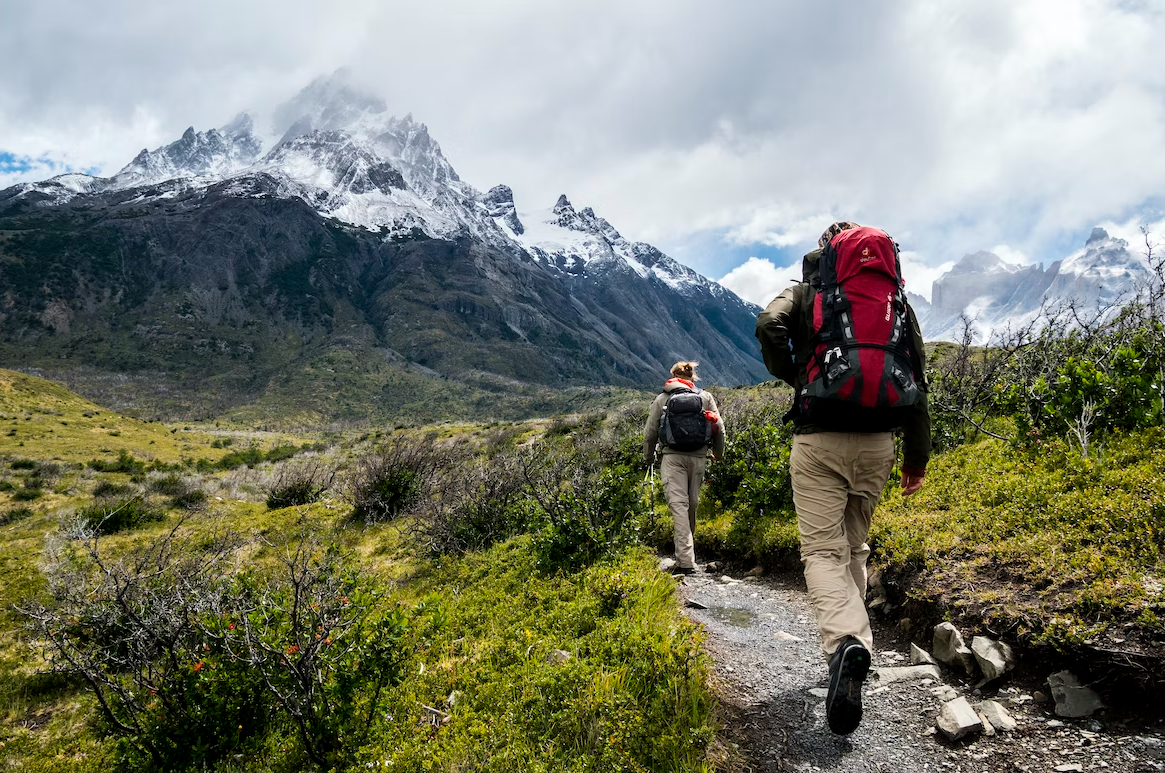
1. Become a ranger
If you want to get paid to hike somewhere stunning, like a National Park, State Park or National Forest, you could become a park ranger. Rangers are involved in all types of operations, from park management and public safety to resource protection and law enforcement. You’d definitely find yourself patrolling these wild spaces on foot regularly, however, these positions aren’t easy to come by.
You’d need a related bachelor’s degree in a subject like Wildlife and Forestry Conservation, then most likely start out by volunteering. Requirements vary by state and may include exams and fitness testing, but the pay isn’t bad and you might even get to live on the grounds where you work. Check out Park Ranger EDU for more information.
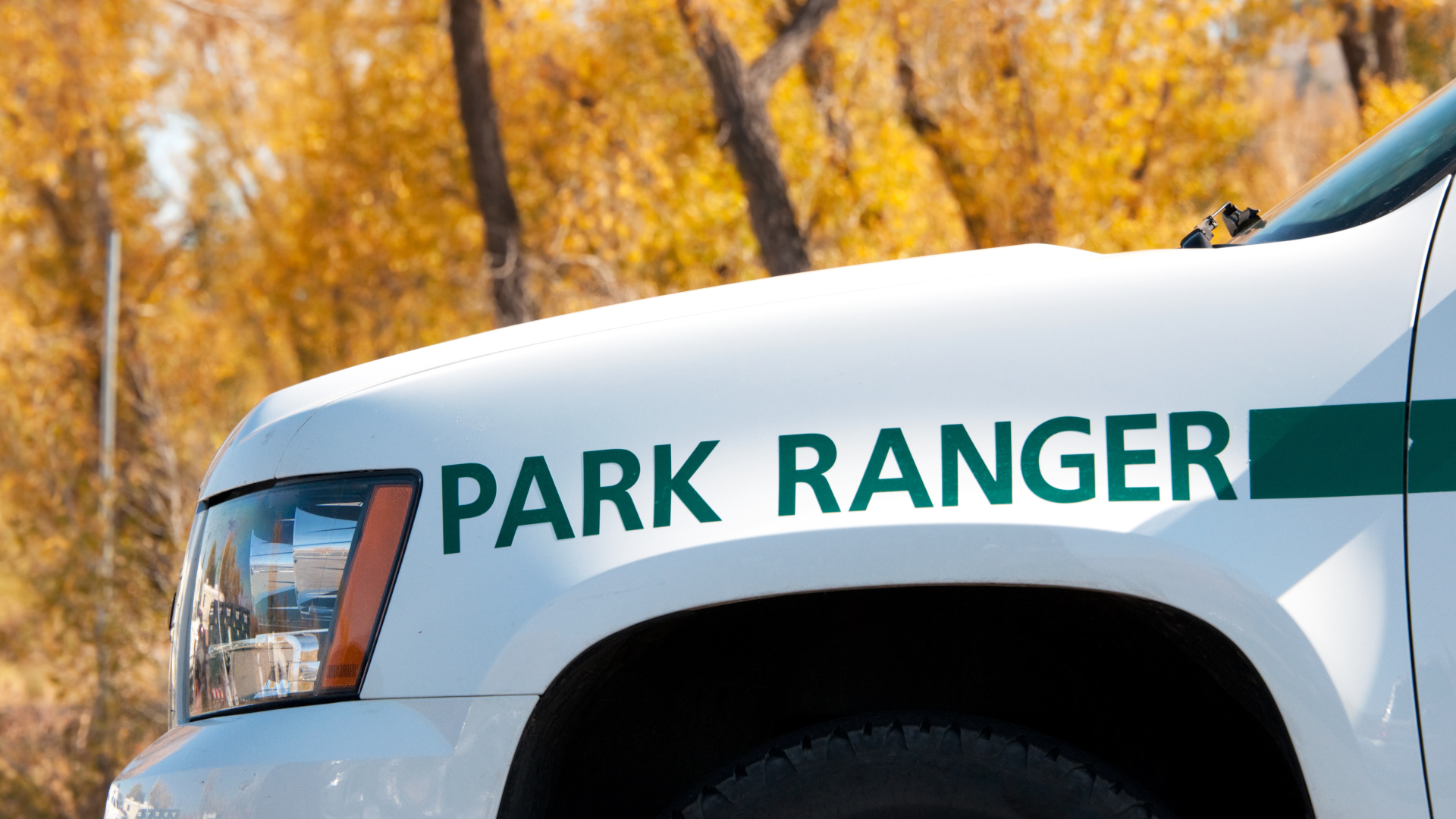
2. Start a blog or podcast
If enforcing rules and issuing citations sounds like a little too much responsibility for you, you’re good at writing and understand what phrases like ‘monetization with search engine optimization’ mean, why not start a blog or podcast? Admittedly, you’ll be one of a gazillion outdoors bloggers fighting for the top page of Google, but some of them do make money through advertising. It can be a lot of work for little financial return, and you might find you get paid more in free down jackets than dollars, but if you’re good, you could make a living from hiking and writing about it, which sounds better than heading to the office.
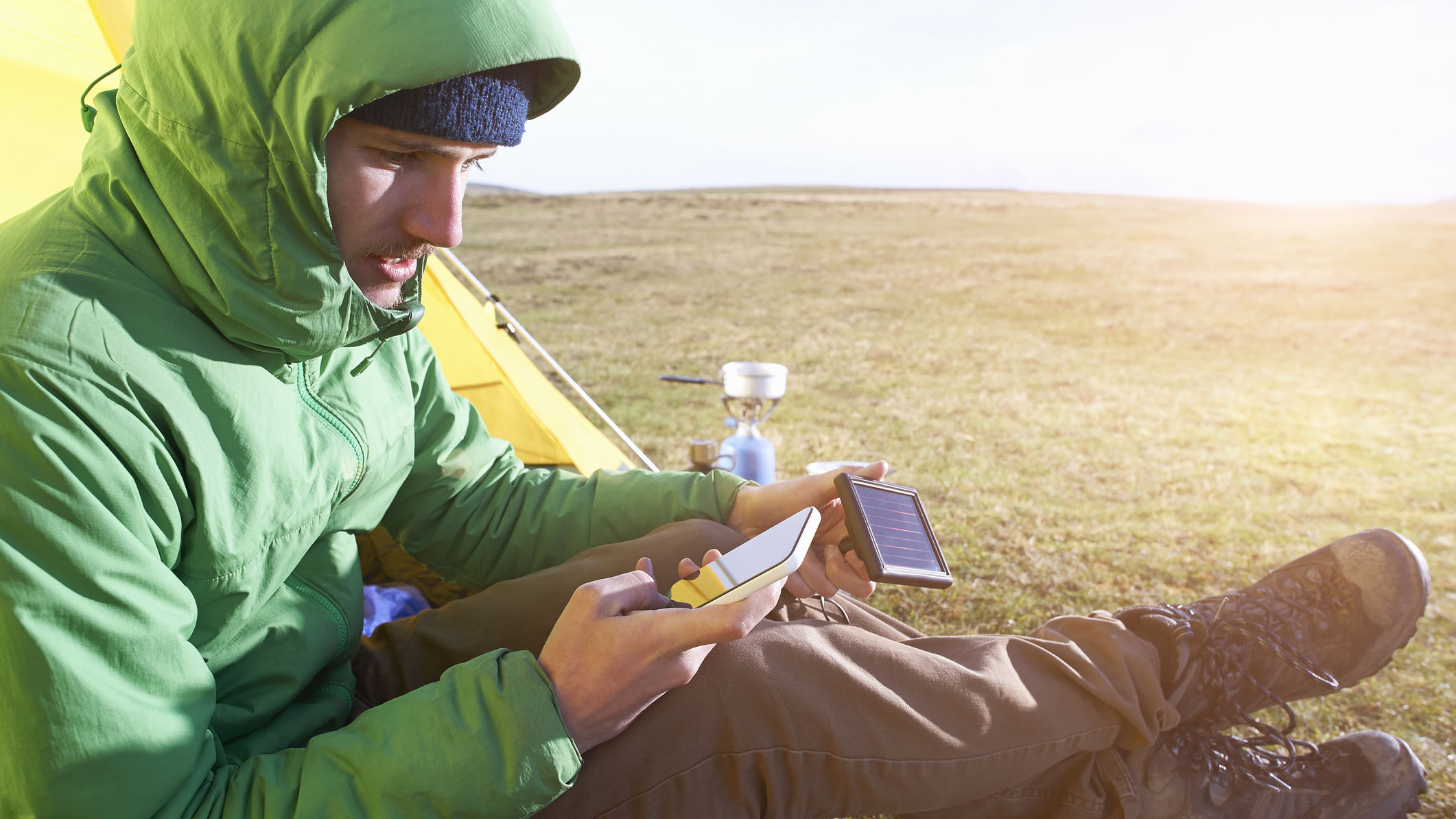
3. Sell your photos
With the advent of smartphones, everyone thinks they’re a photographer these days, but if you’re actually a talented photographer or are professionally trained, bring your camera with you on your hikes. There’s a big market for outdoor photography and you may be able to sell your outdoor and wildlife photography to stock image services like Getty. The pay isn’t as good as being a wedding photographer, but with the surge in outdoor weddings, maybe you can make money that way too.
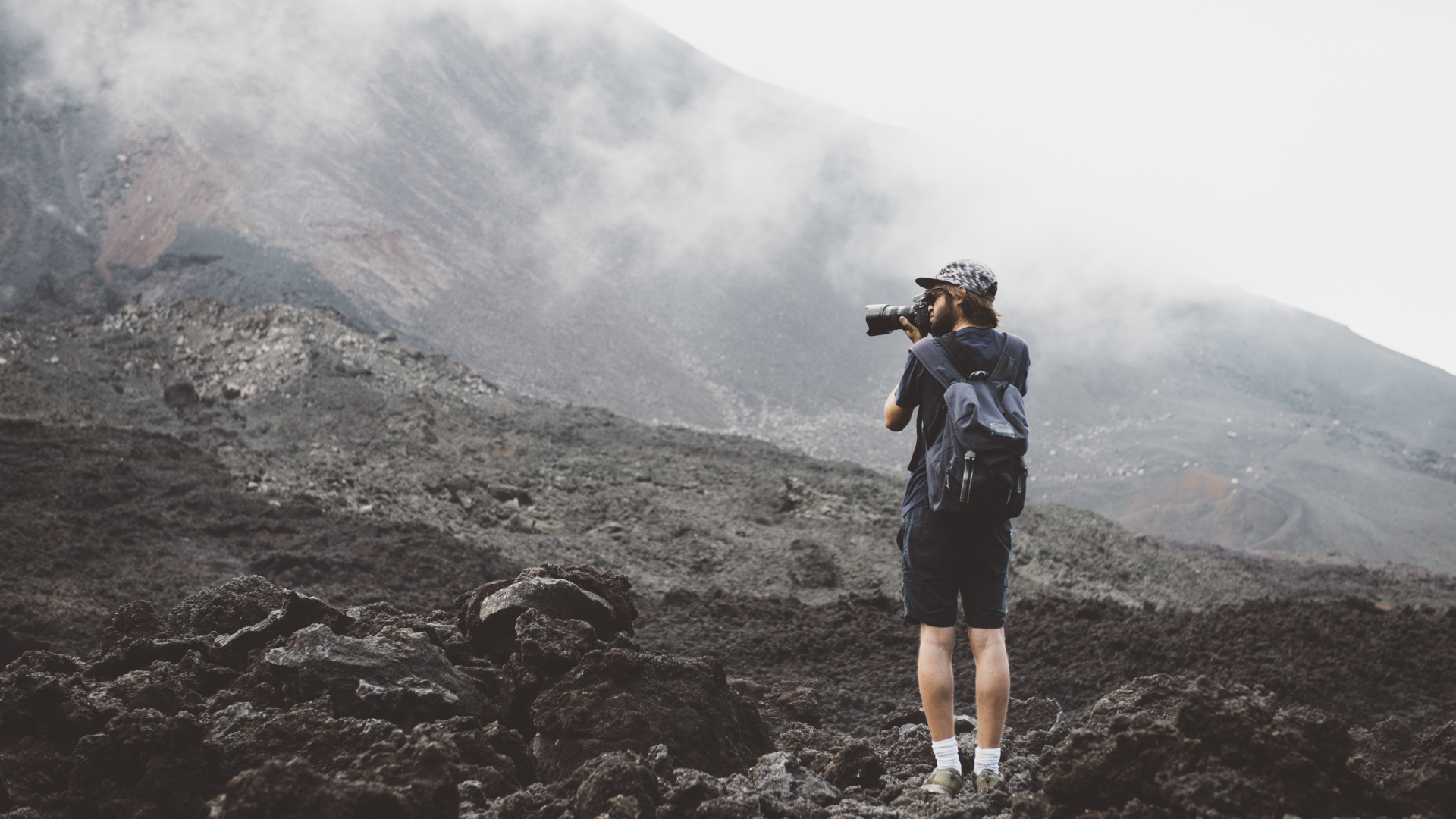
4. Become a wildland firefighter
For the extremely daring, possessing a strong sense of social and environmental responsibility, becoming a wildland firefighter is one means of getting paid to hike, but be warned: positions are highly competitive and the work is not for the faint of heart. According to the Colorado State Forest Service, the best entry is to obtain a volunteer traineeship at an agency such as the Forest Service or BLM.
Advnture Newsletter
All the latest inspiration, tips and guides to help you plan your next Advnture!
Next you’ll have to go through rigorous wildland firefighter training, upon completion of which you may be able to serve in a volunteer or on-call position or compete for a paid position. With climate change ensuring wildfires are becoming more common and more intense, you won’t be short on work, but the work will be strenuous and dangerous.
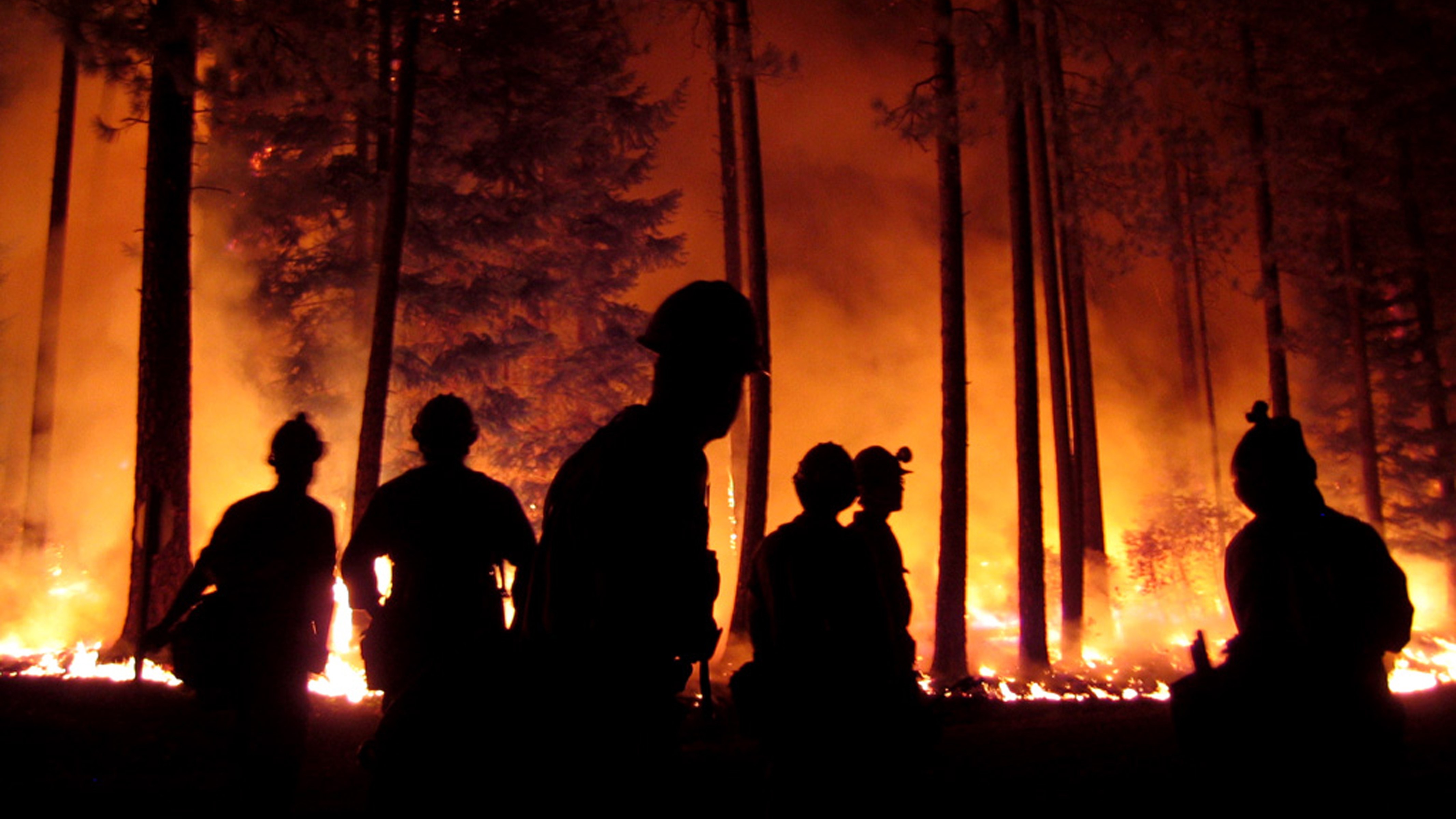
5. Guide others
If you truly love hiking, perhaps the best way to get paid to do it is by guiding others. Hiking guides are much more common in the Alps than in the US or the UK, but they perform a really important role in educating others about mountain safety. You get to hike with people who are interested in the mountains and if you work for yourself, you can charge a pretty penny for the job.
As far as paid hiking jobs go, it’s one of the best, but don’t think you can just start leading tourists up your favorite trail – doing so could land you with a hefty fine and endanger the lives of others. Qualifications will vary according to where you want to guide, but you’ll need various training in first aid, mountain safety and mountaineering skills that will likely take a couple of years.
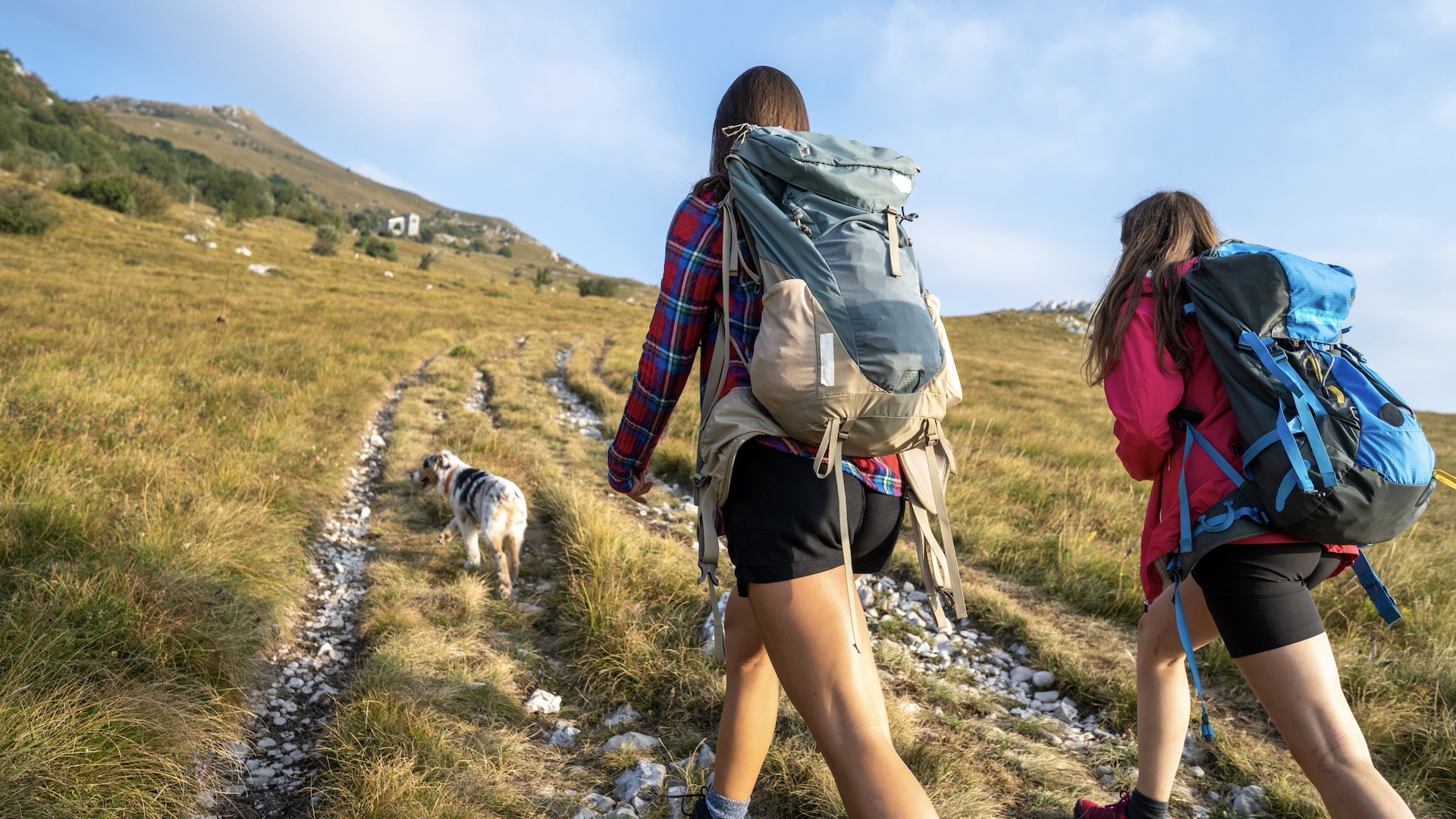
6. Get sponsored
If you’re an extremely accomplished hiker, a la Andy Sturka who has blazed numerous long distance trails and given presentations on his experiences, it’s possible you could get sponsored by outdoor brands who want you to carry their backpacks or sleep in their tents and tag them on social media.
Of course, being an elite athlete and having a strong social media presence are key here, and it may be hard to get brands to pay you in money instead of gear, but if you think you’re going to set some FKTs or even head out on previously unexplored missions, make sure you’re bragging about your expeditions online and tagging brands you love to capture their attention.
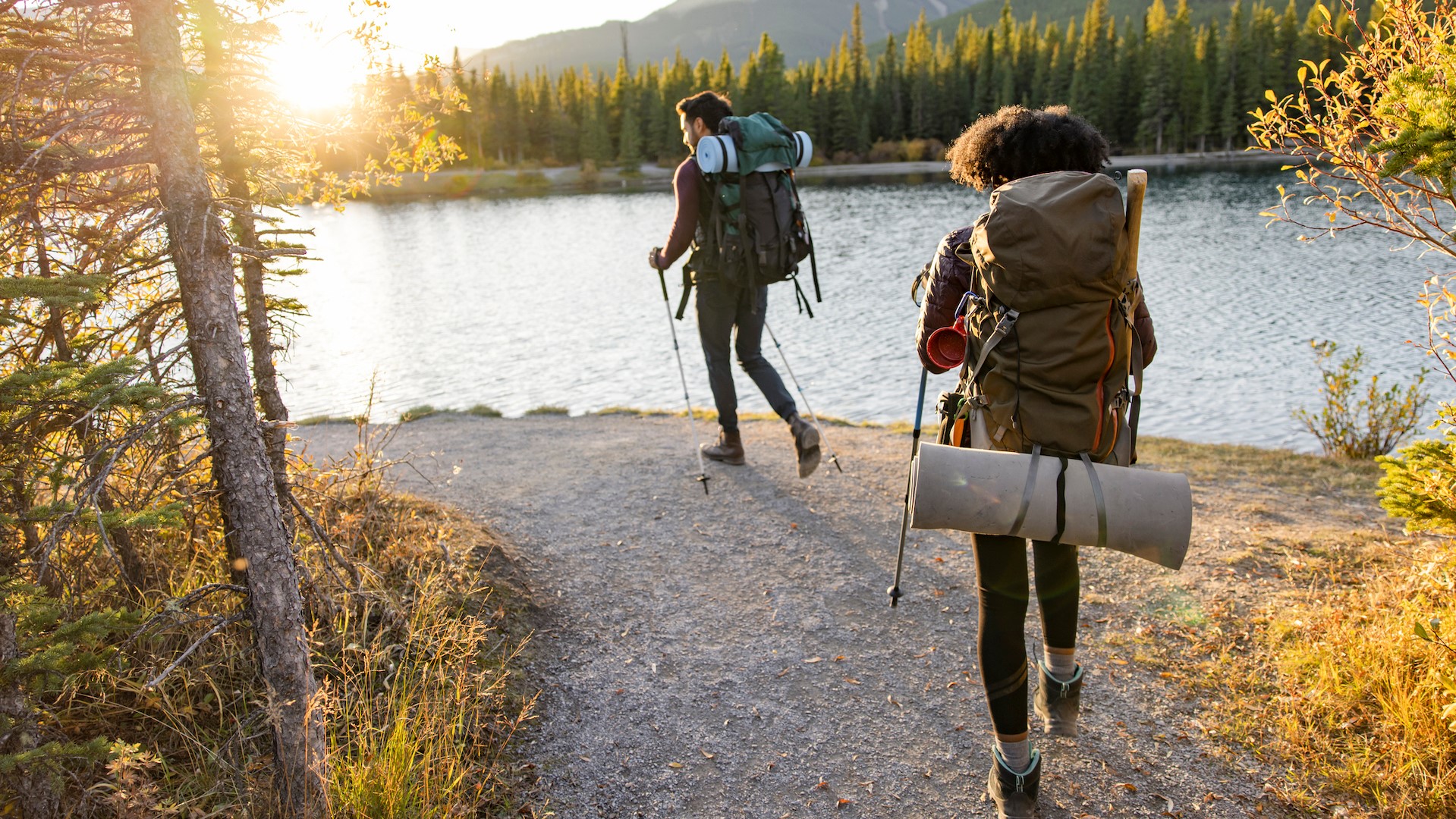
7. Work at a campground or cabin
Finally, there are loads of outdoors jobs at campgrounds, mountain cabins and even within National Parks that don’t involve being a park ranger or undergoing rigorous training. Campgrounds and cabins always need people to help maintain them, whether that means living in a secluded refuge as a full-time caretaker or working on a cleaning crew at a campsite. These jobs are typically seasonal and not very well paid, but you’d probably have your accommodation thrown in and could get lots of hiking in during your down time.
Julia Clarke is a staff writer for Advnture.com and the author of the book Restorative Yoga for Beginners. She loves to explore mountains on foot, bike, skis and belay and then recover on the the yoga mat. Julia graduated with a degree in journalism in 2004 and spent eight years working as a radio presenter in Kansas City, Vermont, Boston and New York City before discovering the joys of the Rocky Mountains. She then detoured west to Colorado and enjoyed 11 years teaching yoga in Vail before returning to her hometown of Glasgow, Scotland in 2020 to focus on family and writing.

